Entering the fourth quarter of 2024, business confidence, although strengthened, still needs to be nurtured as old problems still top business recommendations.
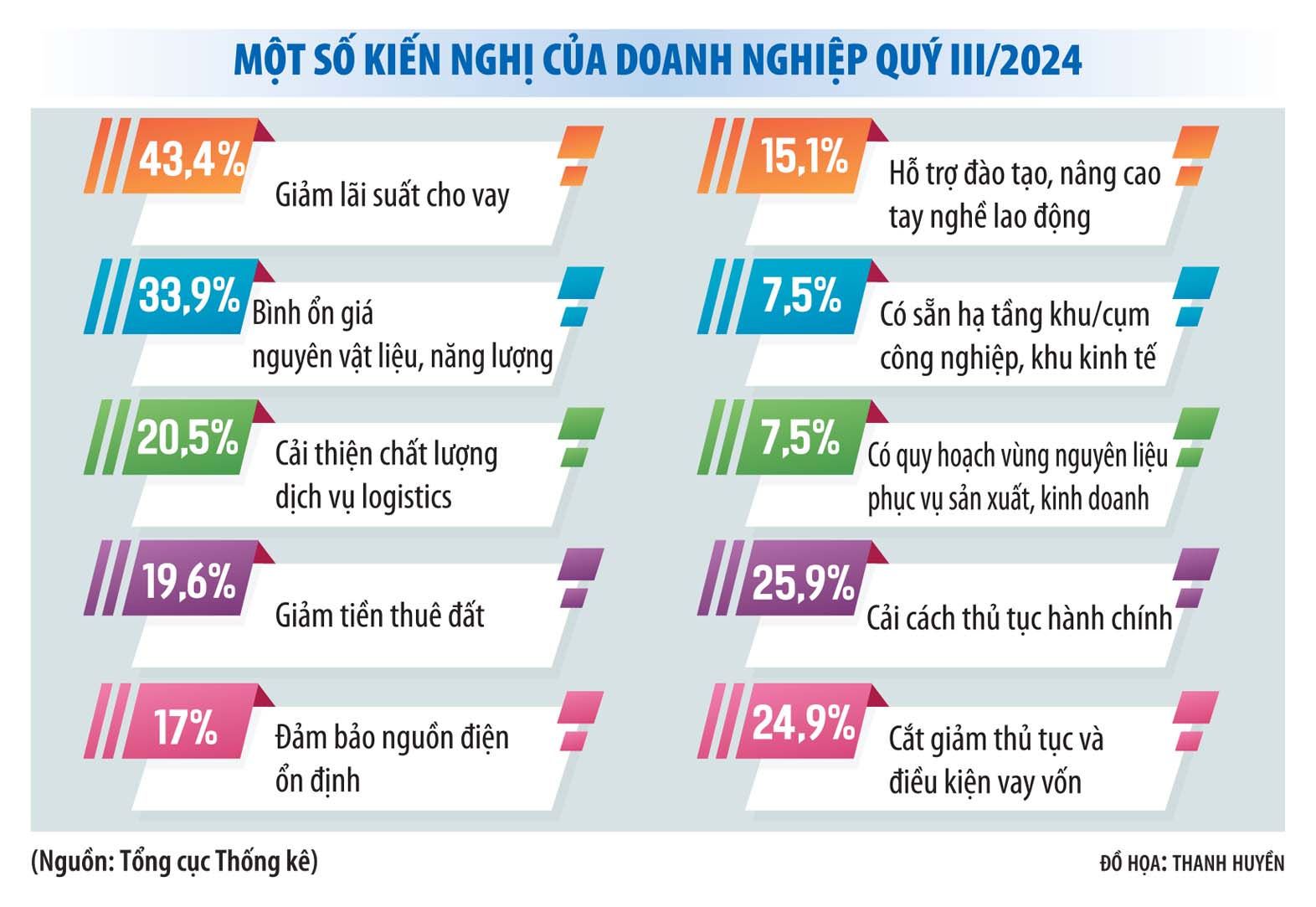 |
A tough business quarter
“The storm passed, but the damage left behind was enormous. Thousands of billions of dong of people and businesses were swept away to the sea, we will have to find a way to rebuild, but the entire production chain is broken,” Ms. Nguyen Thi Hai Binh, CEO of STP Group (Quang Ninh) said in a low voice when sharing about the stormy days of September.
Although most of STP’s aquaculture cages were recovered after being swept away by the storm for 3 days thanks to the positioning system, tens of thousands of fish, oyster baskets, seaweed vines and the entire seaweed source that had been built up over many years were no longer there. STP’s debt to the seaweed farmers in Van Don will have to be settled…
“The biggest concern is the disruption of the output. Our buyers will have to find new partners because we cannot return to marine farming now,” said Ms. Binh.
STP Group is one of many businesses that had a difficult third quarter. The survey results released by the General Statistics Office on October 6 showed a gloomy picture of many businesses in localities where the storm passed.
The forecast for the fourth quarter of 2024 is more positive than the third quarter of 2024, with 82.6% of enterprises assessing production and business activities as better and stable (42.2% better, 40.4% stable), 17.4% of enterprises assessing more difficulties.
Not only businesses directly affected by storms and floods feel this, but businesses that are not affected by storms and floods also complain about difficulties. According to the assessment of businesses in the processing and manufacturing industry, production and business activities in the third quarter were not as favorable as in the second quarter. The number of businesses operating better was 34.7% (lower than the rate of 37.4% in the previous quarter). The number of businesses finding it difficult was also higher, with the corresponding rates of 22.7% and 21%.
It is worth mentioning that domestic private enterprises still feel more difficult than FDI enterprises and state-owned enterprises.
The Difficult List... Still Very Old
Ms. Pham Thi Ngoc Thuy, Director of the Office of Private Economic Development Research (Department IV) continues to be concerned about the unresolved difficulties of the business community, even though business confidence has been strengthened.
“The recent meeting with 10 business associations continues to show this reality. In particular, the private business sector seems to be still struggling, as the problems they have proposed are the same as the previous survey,” said Ms. Thuy.
According to the survey of Board IV, the top difficulty is the lack of orders, the second is the risk of criminalizing economic relations. Complicated administrative procedures, difficulty in meeting regulations; difficulties in cash flow and market information continue to be challenges for businesses.
Similarly, a survey by the General Statistics Office showed that 53% of businesses responded that they were facing difficulties due to low domestic market demand; 50.6% of businesses were facing difficulties due to increasing competition from domestic goods and 31.6% of businesses were facing difficulties due to the fact that demand for goods in international markets had not yet fully recovered.
Capital is still the biggest bottleneck for most businesses among input difficulties.
The IV Board survey also noted that concerns about criminalizing economic transactions have emerged, becoming the second difficulty in the group of 5 biggest difficulties for businesses. Along with that, Ms. Thuy said, the content of the difficulties has also changed compared to previous surveys of the IV Board with businesses.
“It is also a cash flow problem, but at the end of last year it was difficult to access money because there was no work, but this time there is work, there are projects, but the conditions for lending are not met. Many businesses are facing difficulties, old debts have not been paid, even though they have been extended or postponed, but the debt group has been transferred. Collateral is difficult. Businesses are asking, is there any way for them to access capital more conveniently, like the way some banks lend unsecured loans to businesses using MISA accounting software because it meets transparency requirements...”, Ms. Thuy shared information from a survey of nearly 900 businesses.
Desire to “do” and “do it fast”
In the STP comeback plan that Ms. Hai Binh is struggling with, the question of resources and time is not easy to answer.
“Local leaders are very interested and suggest that businesses work with people to find new projects. The locality will find budget sources to support people. But my question is when will it be implemented if using the budget? If businesses alone do it, they will not have enough strength because the investment will be very large,” Ms. Binh shared.
Currently, STP has proactively implemented a program to support interest-free deferred payments for fishermen reinvesting in HDPE cages.
Concerns about speed are making the construction industry enter the fourth quarter more uncertain after Typhoon Yagi. 45% of businesses are facing difficulties due to lack of new construction contracts, 44.8% of businesses are facing difficulties due to high prices of construction materials and 32% of businesses are facing difficulties due to unfavorable weather conditions for construction.
Among the recommendations that need to be resolved, in addition to capital and construction materials, 38.8% of enterprises requested to publicize and make transparent information about bidding; 32.8% of enterprises requested to continue to cut down on administrative procedures, creating conditions for enterprises to shorten the time to process administrative procedures; 25.2% of enterprises requested to hand over clean sites on schedule to ensure construction time is in accordance with the signed contract.
In particular, 25.1% of enterprises proposed that there should be sanctions to punish investors who are slow in settling outstanding construction debts so that construction enterprises can rotate capital for production and business activities.
“Businesses continue to be uneasy with complicated business conditions that are difficult to comply with and are tending to return to pre-inspection instead of post-inspection,” Ms. Thuy further analyzed. Construction businesses also said that for the past 10 years, procedures in this industry have been very difficult, with many sub-procedures and too many permits.
As a result, the decentralization and delegation of authority to handle administrative procedures is still formal, and the procedures for implementing an investment project are too lengthy. Not to mention, the fear of making mistakes and being held accountable also makes the speed of many processes and procedures difficult to determine the completion time...
These shortcomings not only make it difficult for businesses, but also reduce investment opportunities as well as the attractiveness of the investment environment in Vietnam.
“Currently, the number of businesses planning to expand their scale due to positive forecasts for the macro-economic situation next year has increased quite a bit compared to the previous survey. However, businesses also shared that they are very afraid of harassment, too many procedures, too many business conditions,” Ms. Thuy frankly said.
Source: https://baodautu.vn/doanh-nghiep-tu-nhan-trong-nuoc-van-rat-kho-d226895.html


![[Photo] Prime Minister Pham Minh Chinh meets with King Philippe of Belgium](https://vstatic.vietnam.vn/vietnam/resource/IMAGE/2025/4/1/be2f9ad3b17843b9b8f8dee6f2d227e7)
![[Photo] President Luong Cuong and King Philippe of Belgium visit Thang Long Imperial Citadel](https://vstatic.vietnam.vn/vietnam/resource/IMAGE/2025/4/1/cb080a6652f84a1291edc3d2ee50f631)


![[Photo] General Secretary To Lam receives King Philippe of Belgium](https://vstatic.vietnam.vn/vietnam/resource/IMAGE/2025/4/1/e5963137a0c9428dabb93bdb34b86d7c)
![[Photo] Close-up of Vietnam's sniffer dog team searching for earthquake victims in Myanmar](https://vstatic.vietnam.vn/vietnam/resource/IMAGE/2025/4/1/d4949a0510ba40af93a15359b5450df2)
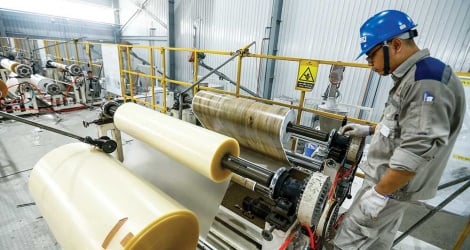


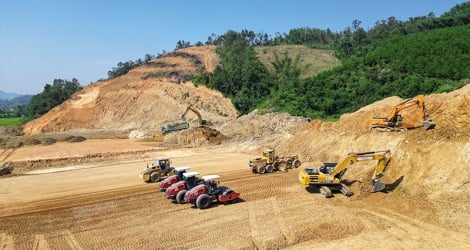

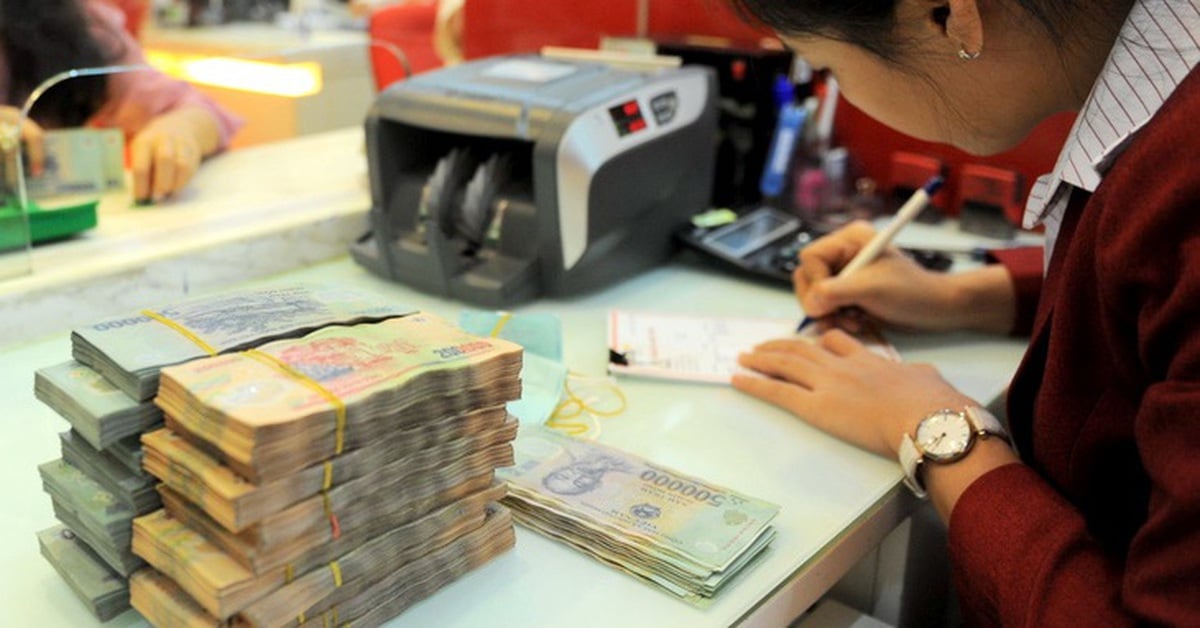

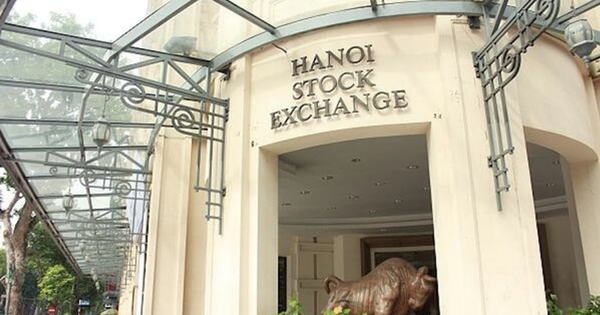



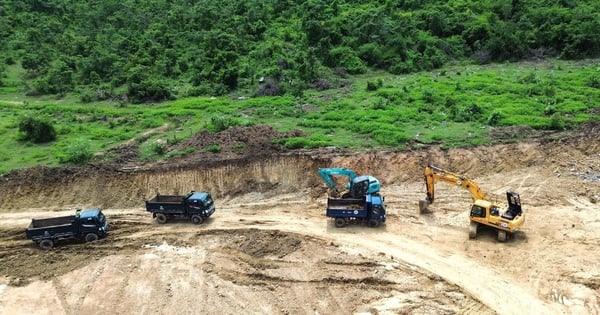
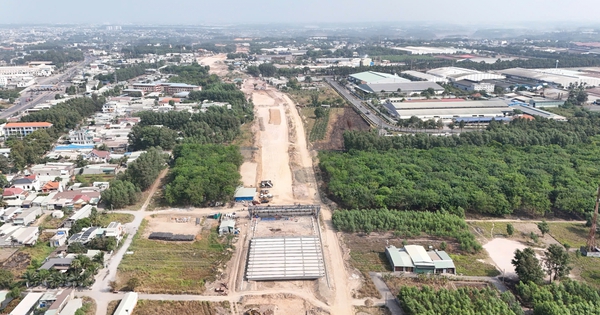







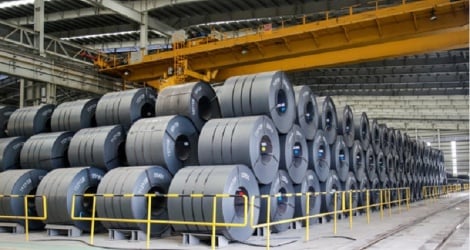


![[Photo] Myanmar's capital in disarray after the great earthquake](https://vstatic.vietnam.vn/vietnam/resource/IMAGE/2025/4/1/7719e43b61ba40f3ac17f5c3c1f03720)











































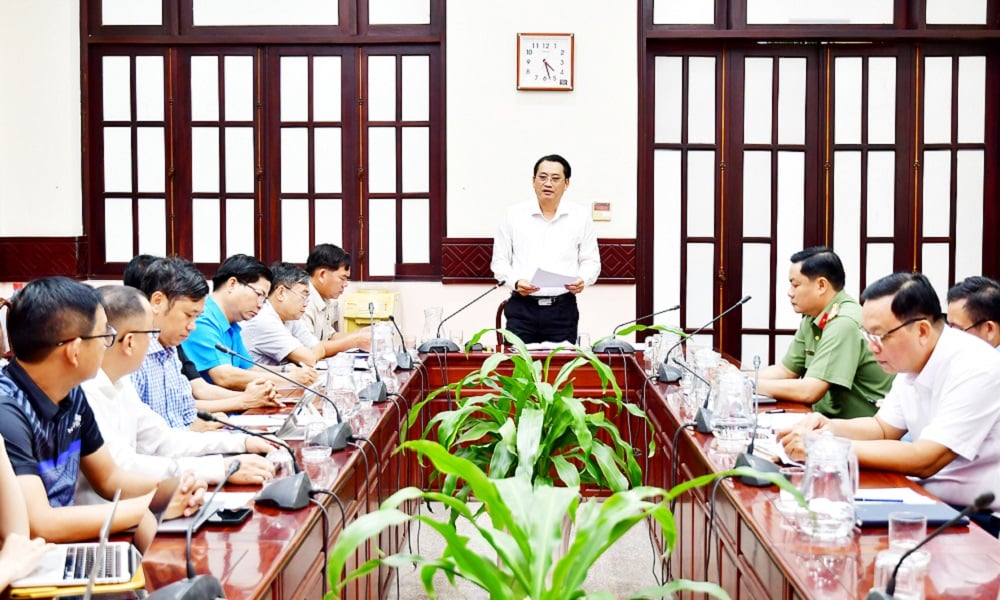


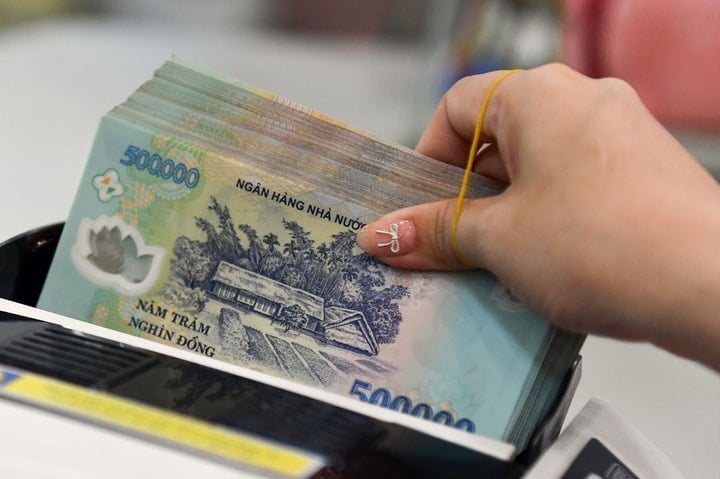

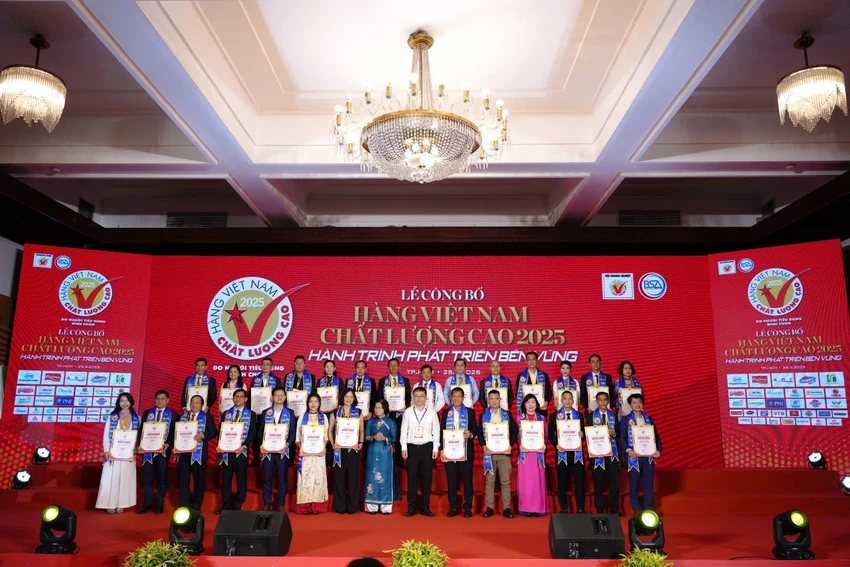














Comment (0)